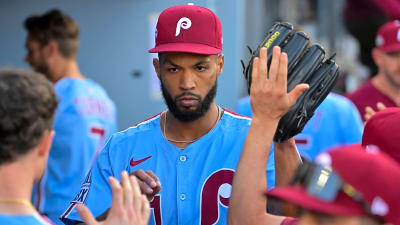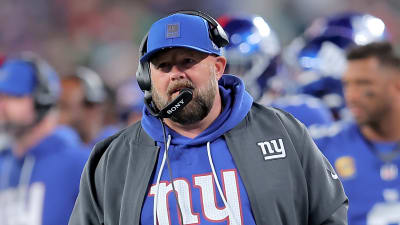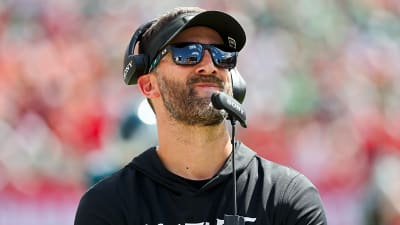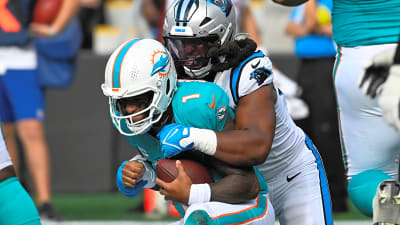For years there has been growing talk of the wave-rich coastline of Liberia, the West African nation that was subject to long and bloody civil wars that finally ended in 2003. The rise of surfing in postwar Liberia was brilliantly documented in the film Water Get No Enemy by French filmmaker and professional surfer, Arthur Bourbon.
Now, Bourbon is back with another film, We The Surfers, an award-winning 51-minute documentary, that captures the story of young surfers redefining their future in a country still fresh from the trauma of decades of conflict. After a solid showing on the international film festival run, the film is now streaming on Apple TV, Amazon Prime, and Google Play.
What started as a one-time trip to witness and document the emerging West African surf scene evolved into a deep connection with a place many surfers have never even heard of, let alone visited. As in other places where conflict and hardship ruled the land for many years, the act of surfing has become far more than just sport–it's a rare bright spot where people can find sanctuary, freedom, and healing. Set in the small fishing village of Robertsport, We The Surfers follows up on Bourbon’s earlier work and provides an intimate look at how the community has continued to evolve and rewrite the future of the youth, many of whom are children of former child soldiers. Although the generational trauma is still very real, the joy made possible by the simple act of surfing is having a profound impact.
" They have almost nothing, yet their love for surfing is immense and pure. Whether it's on a wooden plank or a broken old board, there's no excuse to stay on the shore! It's amazing to see how surfing uplifts the community and how the surf club creates real opportunities."
Arthur Bourbon, Director and Filmmaker of We the Surfers.
SURFER: What’s most important to keep in mind when considering a trip to Liberia?
Arthur Bourbon (AB): You’ll need a visa & Yellow fever vaccination certificate. Tourism is still not developed, and there are few hotels / places to stay, so make sure you book a place and have someone to pick you up at the airport. It is definitely a trip you have to organise and be all set before landing in Monrovia!
SURFER: Who are the locals to know and that could help as local guides?
AB: It’s a really small surf community. Most of the members of the Robertsport surf club are “the locals” and they will help you and advise you. For a proper surf guiding or surf lessons, some of the older and more experienced surfers, like Samon, can take you on a trip with the canoe to the remote waves and secret spots.
SURFER: What’s the best equipment to bring as gifts?
AB: Any surf material is more than welcome: boards, fins, leash, wax. And they will also love any piece of surf wear: board shorts, rashes, tops…Otherwise, you can also bring school materials: pens, pencils, etc.. they will appreciate it all.
SURFER: When is the prime wave season?
AB: It’s in the south hemisphere, so you want that south swell season from April to October. July and August have bigger swells but it's the rainy season and the storms and rains are gnarly! I would recommend May/June or September/October.
SURFER: Are there many lodging options in Robertsport?
AB: There are three main options: Robertsport Surf Club has camping platforms, so basically a roof with electricity where you can pitch a tent for $10 a night. Phillips Guest House: one of the best surfers, right behind the Surf Club. Simple accommodation, but more than enough for your surf trip. Approximately $80 a night and includes meals. Or Nana’s lodge with nice bungalows, the most comfortable option but also the most expensive. Closer to around 150$/night with meals.
SURFER: Are there more waves to explore nearby or is travel very difficult?
AB: I’m pretty sure there are many waves to be discovered along the coast! But they are definitely hard to access. Robertsport has 5 really nice uncrowded lefthanders. You might not need to go on a search mission to surf perfect waves with no one out!
SURFER: Any critters to watch out for in the line up or on land?
AB: The area is subject to Malaria and other mosquito diseases (dengue, zika, etc). Like most tropical places, that’s the most dangerous animal out there! There are poisonous snakes in the bush, not a problem but something but something you get to keep in mind.
SURFER: Anything else?
AB: If you don’t go you don’t know!
More must-reads:
- Bengals' Zac Taylor explains shocking Joe Flacco move for Packers game
- Lions CB Terrion Arnold to return 'sooner than expected'
- The 'Most NFL QB two-rushing-TD games' quiz
Breaking News
Trending News
Customize Your Newsletter
 +
+
Get the latest news and rumors, customized to your favorite sports and teams. Emailed daily. Always free!








